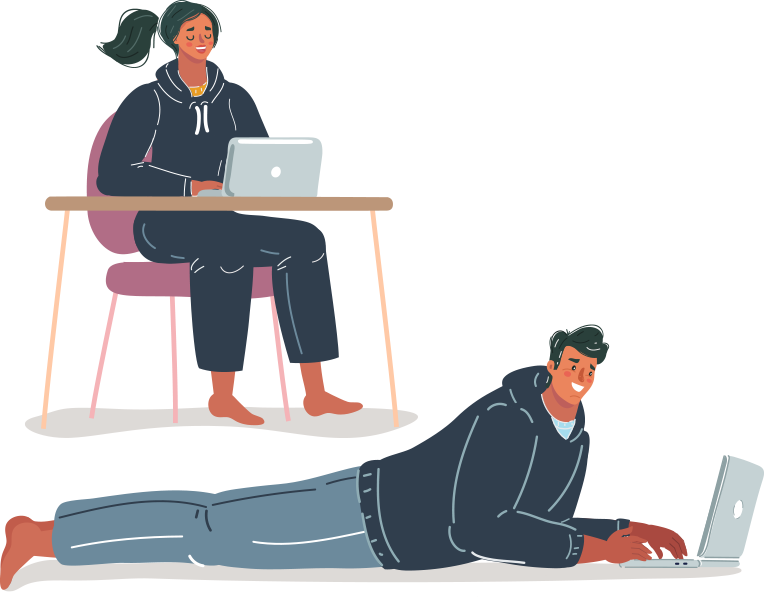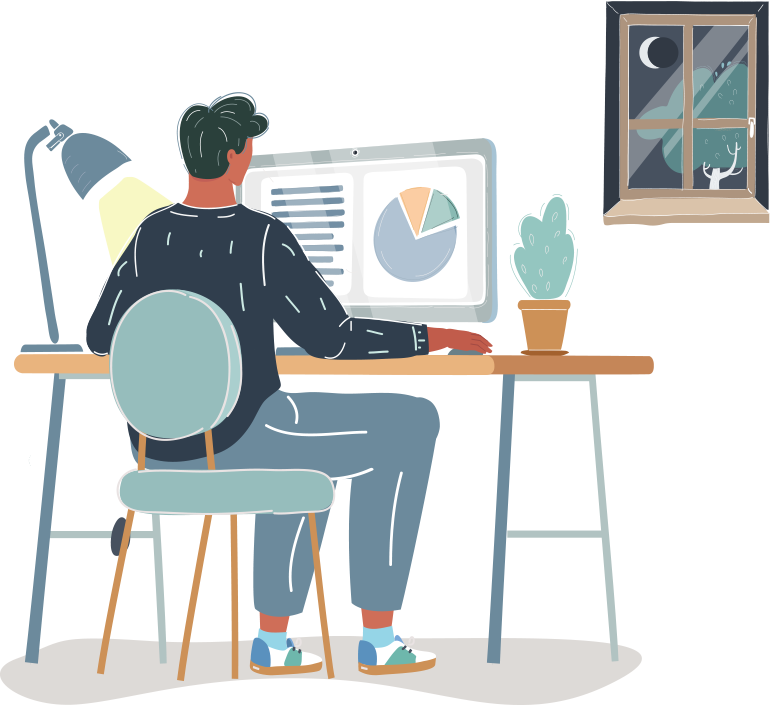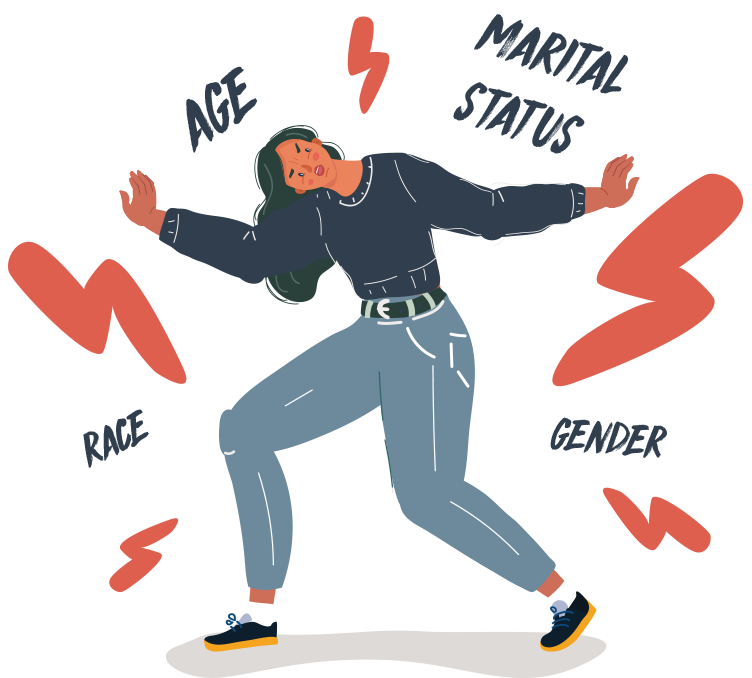
How has Covid-19 affected the Asian startup scene?
Are people feeling optimistic about the year ahead?
What are the effects of work-from-home policies?
In 2019, Tech in Asia conducted the first State of Asian Startups survey in a bid to find out more about the region’s startup ecosystem. We’ve done it again this year, collecting responses from 412 respondents in Southeast Asia - mostly from early-stage startups - to see how they’re faring in what has been a year filled with unprecedented challenges.
Of course, our survey has plenty of room for improvement and its results aren’t representative of the entire Asian startup landscape. Rather, it presents a snapshot of how people are feeling about 2020. If you’d like to collaborate with us on this project, please do get in touch.
Here are the key insights and full results from TIA’s State of Asian Startups 2020 survey.

1.Working from home is the new normal
Covid-19 has led to the world’s greatest work-from-home experiment, and it certainly seems to have become the norm.
Twenty percent of our respondents have been working fully remotely this year, as opposed to only 7% last year. Meanwhile, 71.84% of them have been mostly working from home in 2020. There’s also been a 15% increase in the number of companies that have policies that allow employees to work from home - another effect of the pandemic.
Additionally, 73.5% of respondents said that they would like to work from home more often even post-pandemic. Meanwhile, 83.2% of them feel that the workplace of the future is likely to be a hybrid one, where employees would have greater flexibility to move between home and the office. Both founders and employees are aligned on this, which has interesting implications for what workplaces could eventually look like.
2.Startup employees feel as if they’ve been working longer hours in 2020
Among the respondents, 49.51% reported feeling as if they had worked longer hours this year, an increase of 13% from last year. However, there were no significant fluctuations in the actual number of working hours reported by our respondents: Most employees reported working seven to eight hours a day.
This is likely the result of blurred boundaries between work and the home, as the pandemic has led to a massive shift toward working from home. Employees have found themselves responding to messages and emails outside of their office hours, and some find it hard to “switch off” as a result of the workplace and the home being in the same space.
Conservative hiring among companies also means that employees may have had to take on a greater workload, giving them more to do within the same period of time.


3.Discrimination based on marital status saw an increase of 12% from last year
In 2019, the top three types of discrimination experienced by our survey respondents were based on race (35.4%), nationality (30.3%), and age (29.3%).
While age-based discrimination remains one of the most common types experienced by startup employees this year (26.4%), discrimination based on marital status saw a significant spike of 12.1%, going up to 15.1% from just 3% in last year’s survey.
Employees without children reported facing greater discrimination based on their marital status, which indicates that being single is the unfavored status. Singlehood has been linked to larger issues in the workplace, since colleagues and bosses may assume that just because someone is unmarried, they have more time and effort to put toward their work.
We can’t say for sure what the reason for the spike is, but we suspect that working from home as a result of the pandemic may have played a role. Perhaps single employees feel that they’ve had to pick up the slack for their colleagues with children, who may have been less productive due to childcare responsibilities.
4.Layoffs went up in 2020
When it comes to layoffs, 31.8% of respondents said that their companies have conducted them this year, up 5% from last year’s results.
This is no surprise, given that Covid-19 has had a significant impact on the global economy, slowing down growth and crippling entire industries such as aviation, travel, and hospitality. The pandemic has forced companies to slash costs and reduce manpower in order to stay amid an ongoing economic recession.

Subscribe to access all 11 key insights and the full survey results, including 74 charts.
This is a premium content. Subscribe to read the full story.
Already a subscriber? Log in.